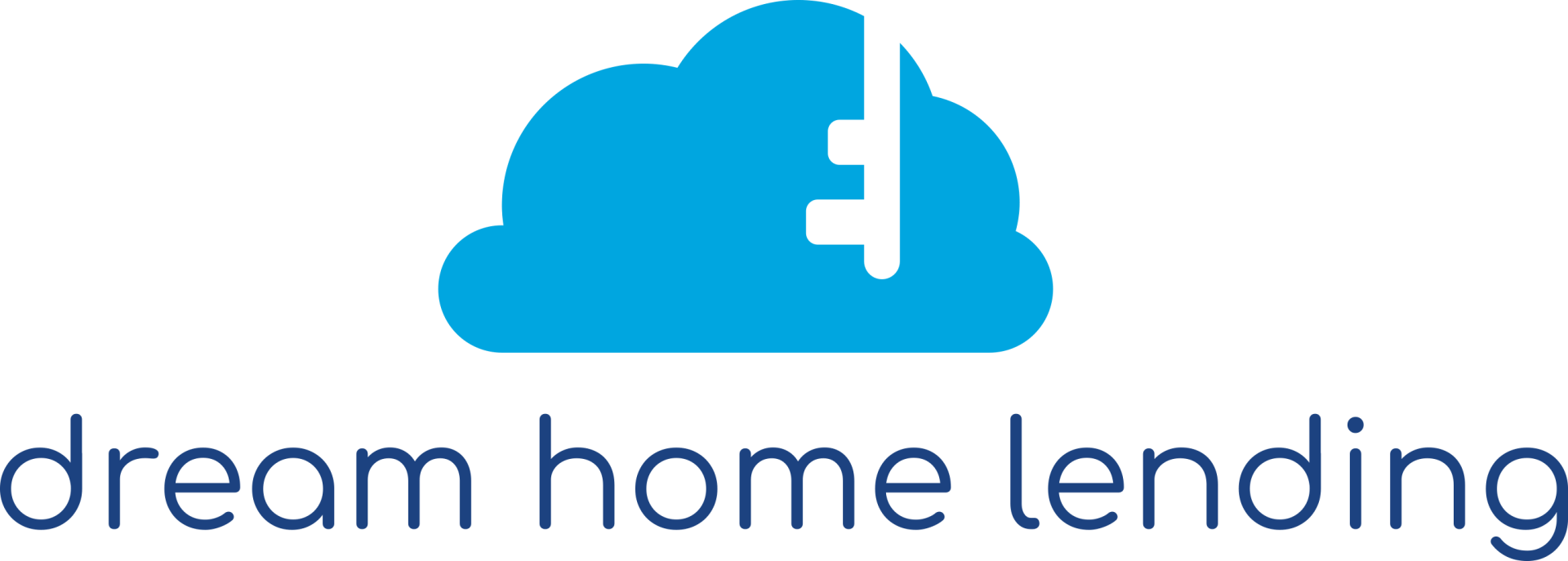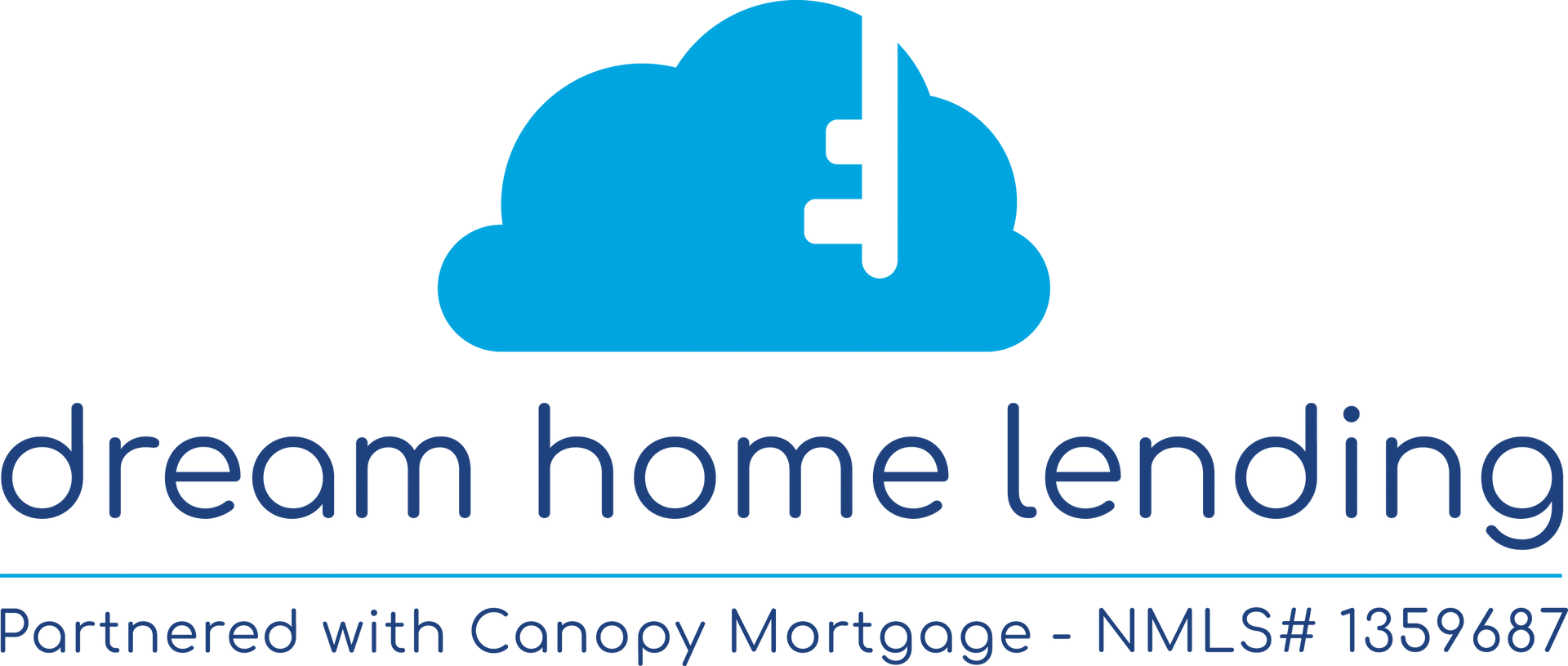What to Expect at Closing
You’ve made it through the application process and have a closing date. What happens next?
Closing Day
At your mortgage closing, you meet with various legal representatives to sign your mortgage and other documents, make any required payments, and receive the keys to your new home.
You will receive a detailed email with the date, time, address, and personalized instructions prior to your closing day – by your Dream Home Lending closing coordinator. Your closing will be held at the office of the title company, an attorney, or the lender. You’ll want to bring copies of any paperwork you received or signed throughout the homebuying process, as well as two forms of ID and the checks for the payments you will make.
Here’s what happens during the closing
Knowing what’s expected of you and understanding key homebuying terms can make the process smoother.
You will review and sign all your loan documents. Make sure you understand the terms of each document. If something is different from what you expected or agreed to, don’t sign until you resolve the issue.
You will provide documentation of homeowners insurance and inspections (if applicable). Depending on your loan terms, you may also be required to set up an escrow (or impound) account to cover property taxes and homeowners insurance, in addition to your monthly mortgage payment.
You will give a certified or cashier’s check to cover the down payment (if applicable), closing costs, prepaid interest, taxes, and insurance. You might send these funds in advance via wire transfer. Your lender will distribute the funds covering your home loan amount to the closing agent.
Documents Signed at Closing
There are three main items to review and sign during closing.
What is paid at closing?
Along with any down payment or other prepayments related to your home purchase, you’ll likely pay closing costs, which usually total between three and five percent of the loan amount. You can use the closing costs calculator from Bank of America to estimate what your costs might be.
You should first get a sense of how much your closing costs will be from the Loan Estimate, with which your lender will provide you within three days of submitting your mortgage application. When your loan is approved, and at least three days before closing, you will receive a Closing Disclosure, which lists your finalized closing costs.
You may pay some fees noted in your Loan Estimate and Closing Disclosure before closing, such as those associated with credit reports. For the rest, ask your closing agent what payment methods are acceptable.
Who else attends your closing?
The number of people at your closing depends on many factors, including the property’s location, the property type, and the nature of the sale, such as an all-cash purchase versus a traditional mortgage. Here’s who might be present.
How long does it take to close on a house?
Closing day typically happens four to six weeks after you sign the sales and purchase contract, though it may take longer. The closing process itself may take several hours. Once all the papers are signed, you’ve secured your mortgage and the closing is officially complete, you’ll receive the keys to the property. Be sure to store all of the documents you received during the closing in a safe place. At this point, you can also change your address, meet your new neighbors, and move in.
Avoid Closing Glitches
Check documents for errors.
Allow enough time for money transfers and for the loan to close.
Handle home repairs in advance.
Make sure the title is clear.
Don’t make significant changes to your finances, such as buying a car or opening a new credit card, before you close.
Gather all documents needed in advance.
Move-in to first payment
You’ve come a long way, but once you’ve closed and moved, you still have a little more planning to do. During this period, about 15 days after close, it’s important to understand how to make your first mortgage payment on time.
Depending on your loan, you may have made a one-month mortgage payment during your closing, and learned when to make your next payment. You probably also learned about the option to set up automatic ACH mortgage payments at closing (so named for the Automatic Clearing House Network that processes the payments). One of the digital choices for paying your mortgage, ACH payments are automatically withdrawn from your bank account. It’s one way to make sure you’re never late on a mortgage payment. You can choose the date the payment will come out of your account each month, and you can set up mobile and online alerts so you have no surprises as you make your house into a home.







